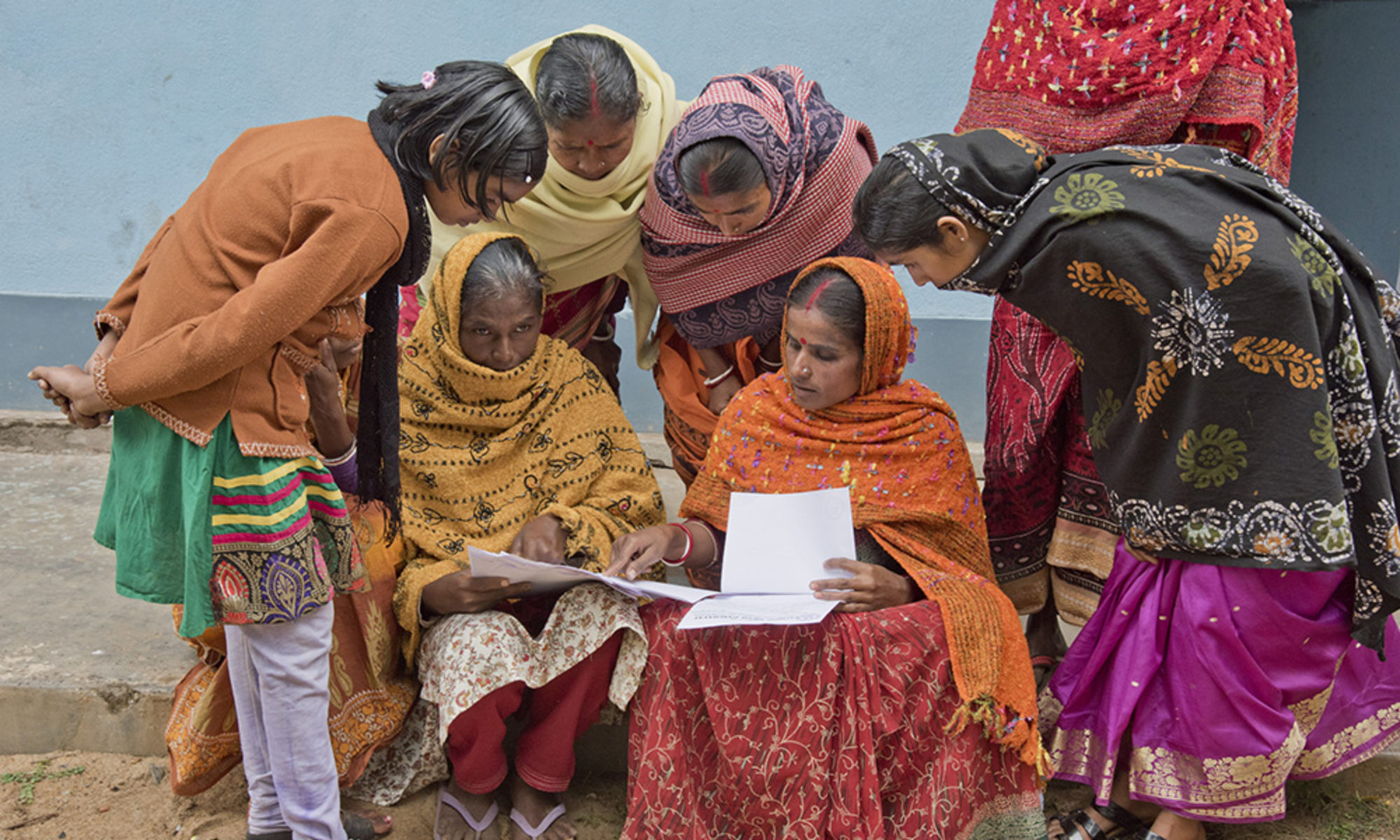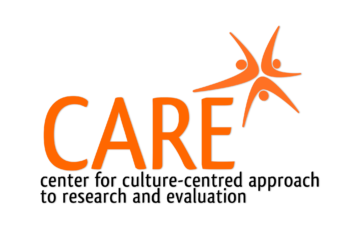About CARE (Center for Culture Centered Approach to Research and Evaluation)
CARE (Center for Culture Centered Approach to Research and Evaluation) is a global hub for communication research that uses participatory and culture-centered methodologies to develop community-driven communication solutions. At National University of Singapore, CARE received over $2 million in funding to run culture-centered projects of health across Asia, including projects on food insecurity in West Bengal, poverty and health in Singapore, health among migrant workers in low skilled sectors, health of transgender sex workers, health among Malays, and cardiovascular health and marginalization. At Massey University, Prof. Mohan Dutta looks forward to building the work of CARE in the areas of indigenous health, health and migration, and poverty.
CORE PRINCIPLE OF CARE
CARE believes that communities are their own best problem-solvers. CARE works closely with community organizations, policymakers, program planners and evaluators in developing culturally-centered solutions that are envisioned by community members in the grassroots in response to the problems conceptualized by them.
GOALS OF CARE
CARE seeks to:
- Create a strategic research core for the social scientific study of health communication issues in Asia driven by the cultural worldviews of local communities.
- Develop health communication interventions and policies that are culturally-centered via the participatory capacity of local communities to create culturally meaningful and locally responsive health solutions.
- Disseminate the core principles and lessons learned from the culture-centered projects within Asia and across other sectors of the globe.
- Build health communication research capacity in Asia by creating a training hub for the next generation of health communication theorists, researchers, practitioners, and policymakers across Asia.

